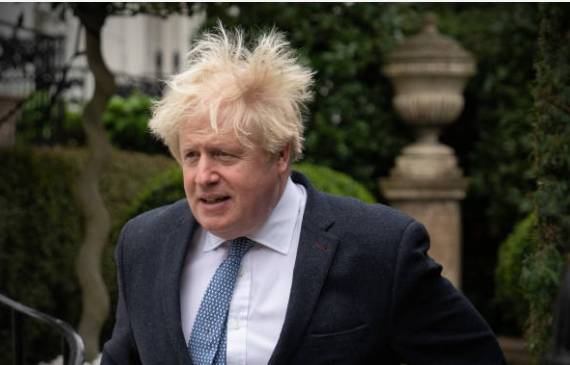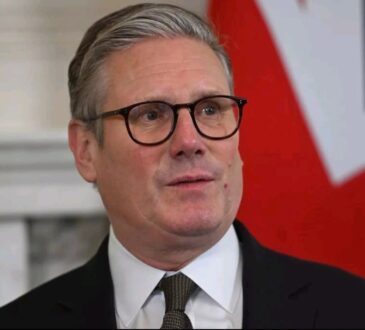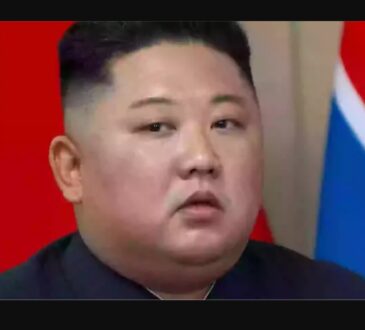They Forced Me To Resign: Boris Johnson Blames Political Witch-Hunt for Resignation, Calls the Committee a “kangaroo court

The sudden resignation of Boris Johnson from Parliament has shocked many people in the world of politics. Johnson claims that he was forced to step down because of a political witch-hunt related to the Partygate scandal. In a statement made late at night, the former Prime Minister announced that he was leaving his position as a Member of Parliament (MP) with immediate effect. This has left both Rishi Sunak and No 10 (the Prime Minister’s office) feeling upset and worried about what this could mean for the Conservative Party.
Johnson’s decision to resign comes about three and a half years after he won a big election and became Prime Minister. Now, there are concerns about whether the Conservative Party will be able to stay in power in the next election. The resignation comes after a controversial investigation by the privileges committee in the House of Commons. This investigation looked into Partygate and apparently found that Johnson lied to Parliament about gatherings during lockdowns at No 10. However, Johnson strongly denies these allegations.
The committee recommended that Johnson be suspended from Parliament for at least ten days. If this happened, it would lead to a by-election in his constituency in west London. It seems that this recommendation played a big part in Johnson’s decision to resign. He accuses the committee, led by Harriet Harman, of having a pre-planned agenda to destroy him. He calls the committee a “kangaroo court” because he believes they don’t have any evidence to support their claims.
The resignation of Nadine Dorries, who is a close ally of Johnson, has made the situation even more complicated for the Prime Minister. Dorries was not given a peerage (a title of nobility) in Johnson’s resignation honours, and this has caused more problems. There is a possibility that more of Johnson’s supporters might also resign, which is causing concern among the Conservative Party’s officials. They are trying hard to prevent a mutiny and keep the party members calm.
In his long resignation statement, Johnson takes a swipe at his successor, Rishi Sunak. He suggests that the big majority the Conservatives won in 2019 is now at risk. Johnson calls for a renewed focus on a pro-growth agenda. He wants to see tax cuts that will help boost the economy, and he also wants the party to regain its sense of momentum. With Johnson stepping away from politics, at least for now, it seems unlikely that he will return as the leader of the Conservative Party. This leaves the future of the party uncertain.
People are expressing their reactions to Johnson’s resignation on social media. Many are surprised and angry about his departure. Some Conservative MPs and campaigners praise his political achievements and his ability to connect with people. However, others criticize the way he has been treated. Johnson’s resignation happens at the same time as he releases his honours list, which includes rewards for key allies such as knighthoods for Jacob Rees-Mogg and Priti Patel.
Johnson’s political journey has been filled with controversies. He has faced allegations of racism, homophobia, and has been involved in multiple affairs and financial wrongdoings. Despite these challenges, he managed to climb up the political ladder, becoming the Mayor of London, then the Foreign Secretary, and eventually the Prime Minister. However, his time as Prime Minister was marked by scandals, which led to the Partygate investigation and his subsequent resignation.
As Johnson steps away from the political stage, the Conservative Party faces a difficult task. They must navigate the aftermath of his resignation, which includes dealing with upcoming by-elections and the potential for a conflict within the party. The future of the party and the country’s political landscape now face uncertainty, with questions arising about who will lead the Conservatives and what their chances will be in the next election.




